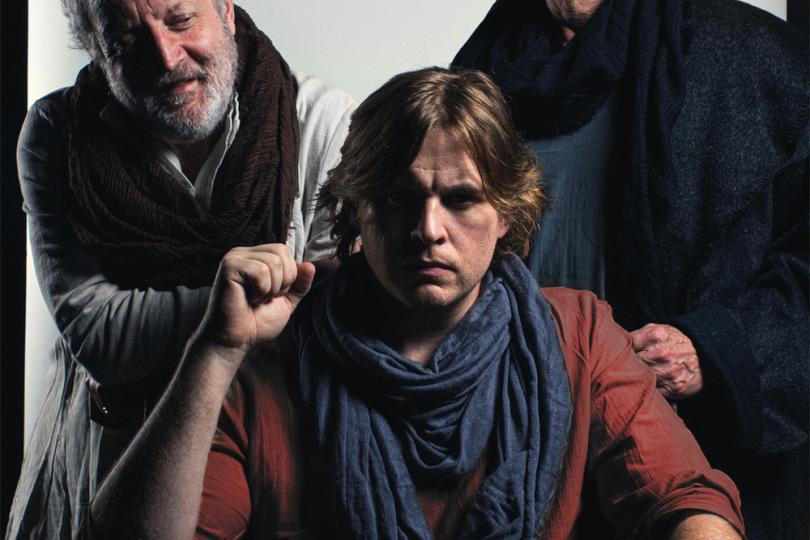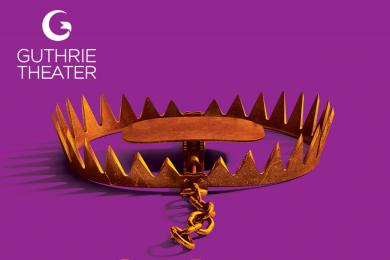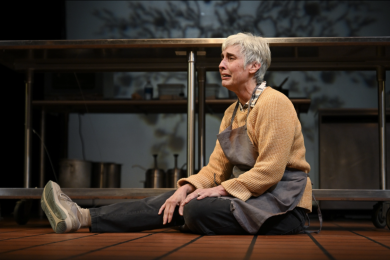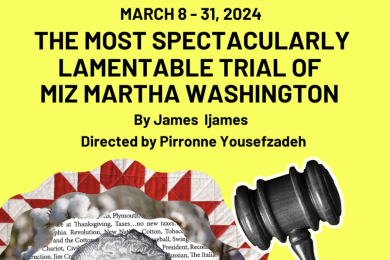It's worth coming back to

Shakespeare, like Star Trek, is enjoyable because the first time everyone saw it they said, “Wow, whoever wrote this freaking nailed it. 10/10!” And we’ve been watching interpretations, reimaginings, cosplays, and renditions of both ever since. Theatre Coup d’Etat’s adaptation of Henry IV as Rogue Prince: Henry IV parts 1 and 2 is yet another example of this, however, with the show’s focus on friendship and dedicated performers we’re forced to recognize features of the story that are ordinarily downplayed.
Rouge Prince is an incredibly long story and only the second play of Shakespeare’s trilogy of historical plays. The show’s history is immense and it’s story dense. I say all of this to point out that there is no good way of accurately summarizing its plot in a review. So to keep things simple, Henry IV is the story of King Henry’s son, Prince Hal, and his ascension to the crown and eventual rebuke of his degenerate friends.
Keeping with the old Elizabethan English, Theatre Coup d’Etat’s adaptation opens with the appearance of King Henry (Bruce Bohne) speaking in a way that the layman can not fully understand. While this felt initially confusing, Bohne and the rest of the cast overcame centuries of change in the English language with steady performances that project the wants and machinations of their characters. Demonstrating desires and ideas this way requires subtly and grace. The changes in movement, cadence, intention, and more become a supplementary language to the old English; every moment necessary to follow the story.
This second language is especially well-spoken by Bruce Bohne, Damien Leverett, and Gary Briggle. Collectively the three men play four characters, but as King Henry (Bohne), Prince Hal (Stone), and Sir John Falstaff (Briggle) we see the rage, confusion, brevity, and wit needed to transform a prince into a king. The performances knit together to create a consistently entertaining plot that keeps a quick pace. While the language may not resonate in our time, the actors’ dedication to the bard is resolute.
The cast’s dedication to the work can also be seen in the transformative effect they have on the setting they create. Sure, moments when the performers populate the stage en mass engage, like the battle of Shrewsbury or most of the tavern scenes, but when the play showcases the work of one or two members we see the actors produce an air that seems to double their size.
This doubling in size is incredibly important as the black box space is designed to give the players a great deal of range in terms of where they are and what they might do. However this is a double-edged sword, the amount of dead space found in the large area should dilute the speaker’s grandeur. The cast rises to this challenge by projecting a collective air that makes them seem larger. Time after time, we see intimate moments between Briggle and Leverett full of thought and contemplation that shines in the darkness of the black box, highlighting the glow of these strange characters.
Quality direction at the hands of Wendy Lehr & Gary Briggle is no doubt responsible for the variety of ways the black box’s darkness was harnessed. Whether it be for song or joke the scale of the performances was consistently highlighted thanks to the space.
Rogue Prince takes something well known and induces it the pressures found in a new era and interesting area. The cast overcomes the problems of time and space make for an experience worth coming back to.




